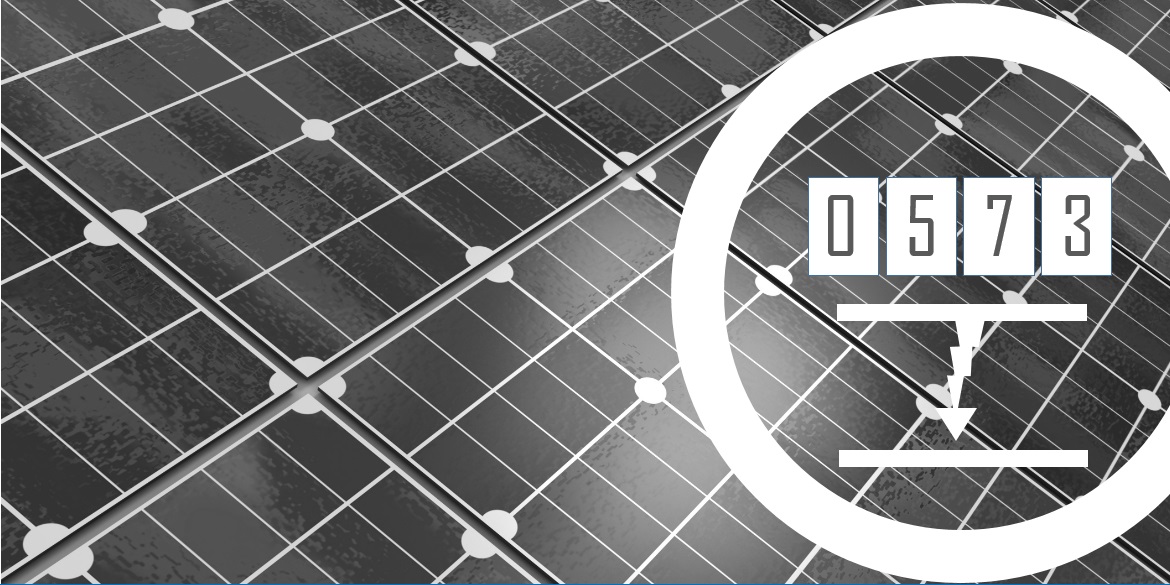The Edison Electric Institute (“EEI”) and the Natural Resource Defense Council (“NRDC”) recently issued a joint statement targeted to state utility regulators “to advance support for utility policies that enhance the electric power grid for the benefit of all electricity customers and the environment.” While the statement touches primarily on issues of cost recovery, and recouping investments in grid infrastructure through eight key recommendations, one recommendation in particular set off a flurry of media attention.
The recommendation concerned “net metering” policy, and attention was driven primarily from a single sentence:
“When they use distribution and transmission systems to import and export electricity, owners and operators of on-site distributed generation must provide reasonable cost-based compensation for the utility services they use, while also being compensated fairly for the services they provide.”
The first part of the sentence was interpreted by many to support net metering charges, such as the fee for solar customers that was recently passed in Arizona. In fact, the statement was quite balanced, asserting that utilities should be compensated for grid services, and that solar customers should be compensated for the energy they provide.
Ralph Cavanagh, Co-Director of the Energy Program at NRDC, went so far as to clarify the statement on his blog. Significantly, Cavanagh pointedly rejects “changes in electricity pricing that reduce or eliminate rewards for saving energy, or generating it on rooftops with solar panels.”
EEI and NRDC might seem like strange bedfellows. EEI represents all U.S. investor-owned electric companies. The NRDC is referred to by the New York Times as “one of the nation’s most powerful environmental groups.” The two organizations have certainly been at odds before, which makes their joint statement on net metering particularly noteworthy. The organizations should be commended for reaching across the usual divides to chart a path forward in the net metering debate.
Minnesota, in particular, has continued to set an example for other states as their well-run stakeholder process to develop a Value of Solar methodology reached a conclusion. As reported in Greentech Media, the Minnesota Public Utilities Commission on March 12 approved “the nation’s first statewide formula for calculating the value of customer-generated solar power.”
Clean Power Research had the pleasure of working with the Minnesota Department of Commerce to develop the methodology. The Department of Commerce worked diligently to ensure an open, fair and transparent stakeholder process. While other state PUCs will have to choose the policy mechanisms they will use for compensating owners of distributed solar, we hope they will use as transparent a process for calculating the value of distributed solar as Minnesota.
With discussions of net metering happening now in so many states, it is time we reached across normal divides to have a reasoned, rational and transparent discussion about the value of solar to utilities and distributed solar owners.
